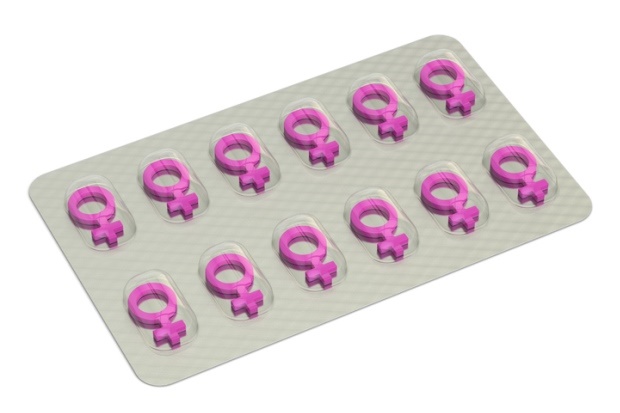[unable to retrieve full-text content]


[unable to retrieve full-text content]

[unable to retrieve full-text content]

[unable to retrieve full-text content]

[unable to retrieve full-text content]

[unable to retrieve full-text content]

[unable to retrieve full-text content]

[unable to retrieve full-text content]

There has been enormous progress in the medical field over the last century with new developments and discoveries, and considerable refinement of older technologies.
One of the best examples is the world’s first heart transplant, carried out by Professor Chris Barnard at Groote Schuur Hospital in Cape Town in 1967.
Other, perhaps less spectacular but no less significant, advancements include the improvement of prosthetic limbs and the advent of computers which fuelled an explosion of information across the globe.
Each year brings new discoveries and advancements and 2017 was no exception. Here are 10 of the most fascinating medical advancements of this year:
1. Ketamine may be more effective than regular antidepressants
With more than 300 million people worldwide suffering from depression, it can be a challenge to find the right cocktail of drugs. But now there’s new hope as the party drug ketamine, which is normally used as an animal anaesthetic, has shown some promise as a treatment for depression. However, researchers are not yet ready to recommend it because its long-term effects remain unknown.
2. Tweaking your DNA can remove diseases
DNA manipulation has been used over the last few years to eradicate a number of different diseases. By the end of 2017 researchers aim to remove many more diseases from humans by means of genetic manipulation.

3. Change your gut flora to help fight cancer
New research has found that gut bacteria play a key role in the human immune system. The trillions of bacteria and other microbes that live in the human intestines are referred to as the “microbiome”. This finding raises the possibility that manipulating the gut microbiome could improve the chances of responding to especially cancer treatment.
4. Driverless cars can definitely save lives
New reports suggest that the sooner driverless cars make their way onto roadways, the sooner thousands of lives will be saved each year. Although “highly automated vehicles” might be somewhat less than perfectly safe, the introduction of self-driving cars (which are just 10% safer than cars driven by humans) could save hundreds of thousands of lives over a 15- to 30-year period.

5. Check out your unborn baby in 3-D
Researchers say that expectant parents may soon be able to view a three-dimensional virtual reality version of the foetus. An added benefit is that because these 3-D models recreate the entire internal structure of the foetus, it can help doctors detect any abnormalities.

6. Chat to your doctor on your laptop
Imagine not having to drive to visit your doctor. This is becoming a reality as many doctors and therapists see patients via video chat. It is projected that by the end of 2017 more than half of practices in the US will have video chat facilities.

7. A ‘bionic’ eye can help blind people see
Unfortunately there is no cure for eye diseases like macular degeneration. However, a British scientist has developed a device that will help you see as you lose your sight to this disease. Called the Argus II, it takes video images that are converted by a special pair of glasses to electrical pulses that are transmitted wirelessly to the brain where they are registered as shapes, light and dark. This technology should be widely available by the end of 2017.
8. Pills that won’t get stuck in your throat
Many people hate swallowing their daily pills, and soon that might be something of the past. A new pill has been approved by the FDA that dissolves into liquid as soon as you put it into your mouth.
9. A pill to rev up women’s sex drive
There are many drugs on the market to increase a man’s libido and until now there has been nothing for women. The FDA has recently approved a medication called Addyi which is designed to boost low sex drives in women. It is expected to be widely available by the end of 2017.

10. Pacemaker made easy
A new small, wireless pacemaker has been developed. Because it has no wires, there is no chance of infection. There is also no surgery required to implant the device because it is pushed in place through the femoral vein by means of a catheter.
Image credits: iStock

[unable to retrieve full-text content]

[unable to retrieve full-text content]


